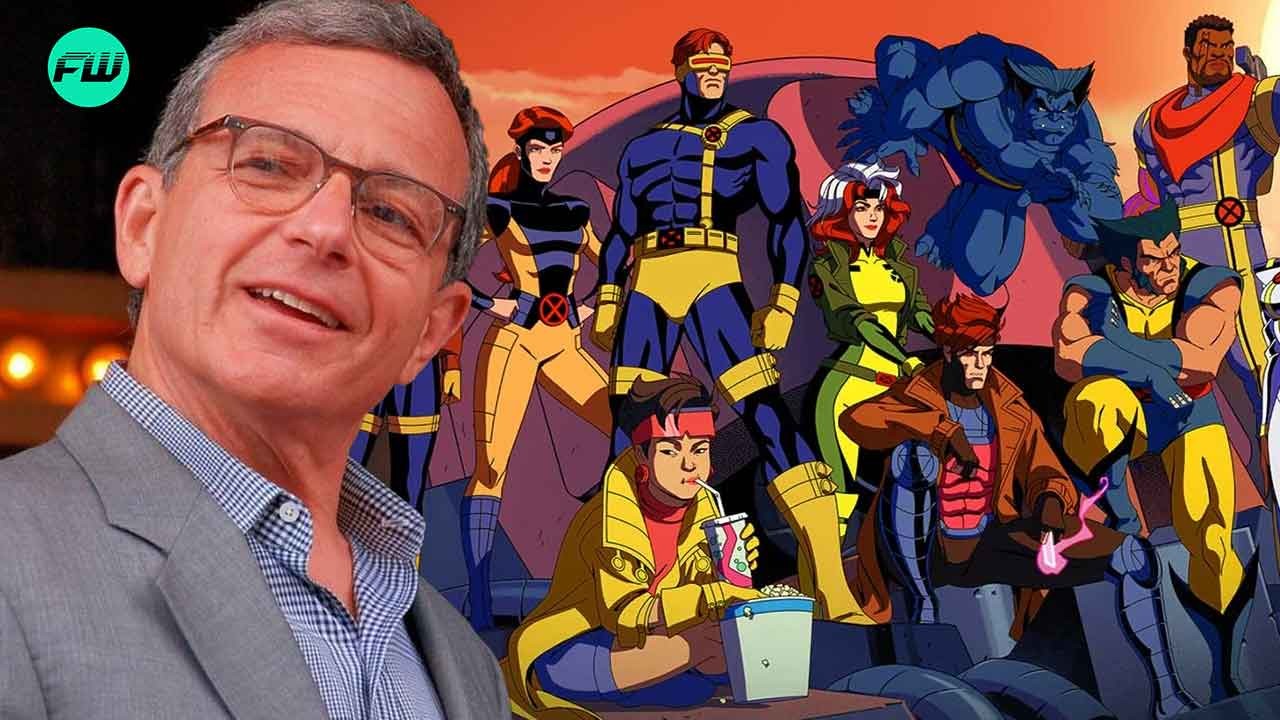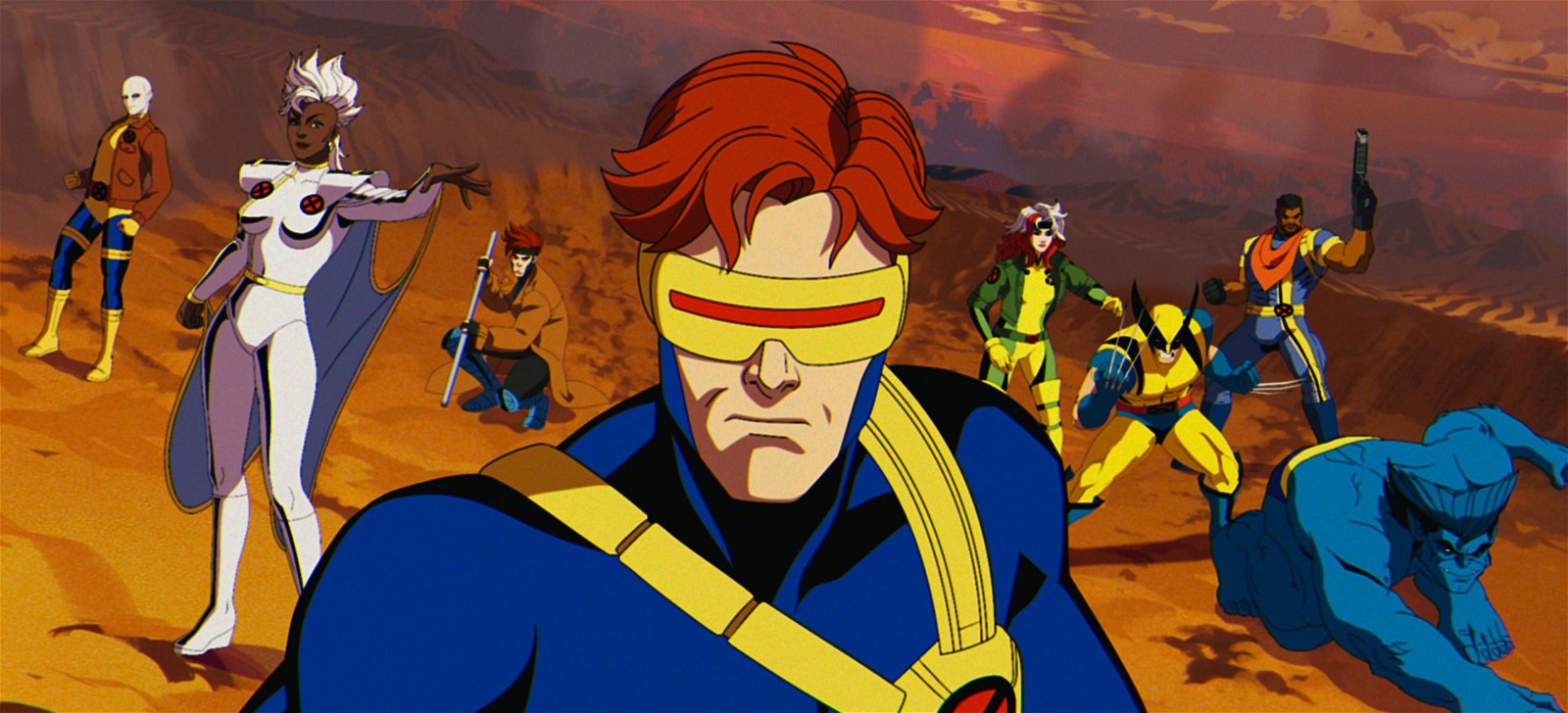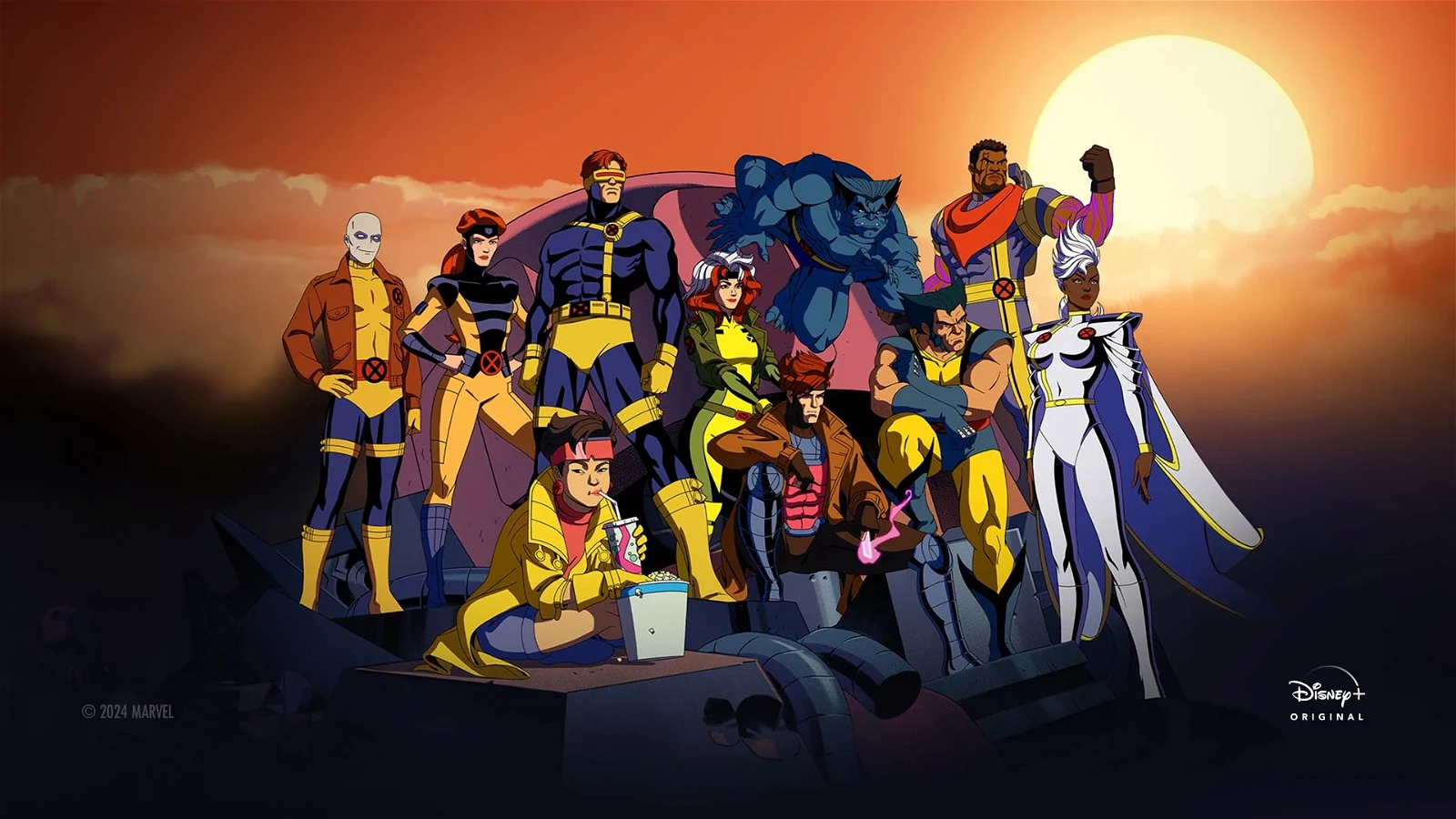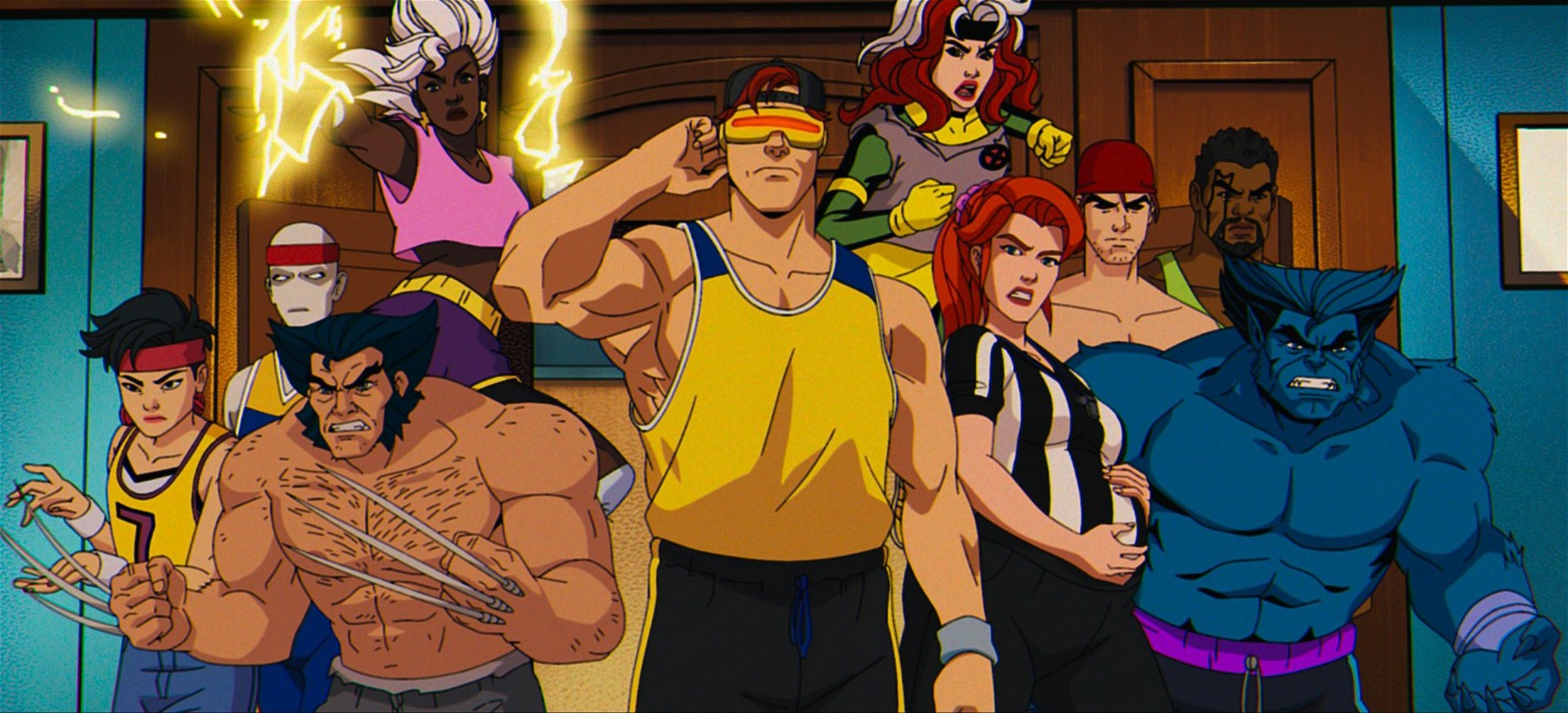X-Men ’97’s three-part finale has already proven this Bob Iger statement wrong!

The three-part Finale of X-Men ‘97 has finally concluded, and what a ride it proved to be! The 10-episode-strong Season 1 of the series presents a stellar narrative that pays off its audience in multiple ways.
The overall narration, the cameos of several Avengers, and the way in which the season combined multiple popular comic book arcs means that X-Men 97 has perfectly recaptured everything the Marvel characters have always been known for.
This, among a range of nostalgia-ridden details, also includes the fact that the franchise in itself has always drawn parallels from the actual world. Whether it be through the intolerance that human beings hold for mutants, the existence of extremism on both sides, or through the polar opposite perspectives that major characters have, X-Men ‘97 perfectly captured the true essence of the popular franchise.
 X-Men ’97 is a superhit!
X-Men ’97 is a superhit!
That however, might not be accurate as far as Bob Iger is concerned, considering a recent interview in which he claimed Disney aims to ‘entertain first,’ and not ‘push messages.’
Bob Iger might not be satisfied with X-Men ‘97’s Season 1 narrative
 X-Men ’97 was nothing but a resounding success
X-Men ’97 was nothing but a resounding success
Bob Iger, in a recent interview with CNBC, had claimed that Disney’s number one aim remains to entertain, and not push messages: Infusing messaging is not what we’re up to. We need to be entertaining.
However, that might be in stark contrast to both the narrative of X-Men ‘97, and how the narrative of the potential live-action adaptation should be. The characters in itself, majorly created by Stan Lee, have traditionally held parallels with Apartheid and racial segregation against Black communities, as well as the LGBTQIA+ communities. Human beings not only look at mutants as a threat, but also regularly wish to eradicate them, fearing that tolerance is equivalent to extinction.
Moving on, the way in which the perspectives of major characters differ also has some obvious parallels with the different interpretations of religions. While Charles Xavier has always held out for a tolerance-based approach aimed at co-existence, terrorist mutant factions such as The Brotherhood of Mutants, and well, Magneto, have habitually flirted with the idea of extremism.
Such parallels especially made the X-Men franchise so extraordinarily loved by fans, something Bob Iger’s recent interview seems to skip past. The fact that X-Men ‘97 was able to do both, include messages of societal relevance, as well as produce such an entertaining narrative for fans, is exactly what the ideal X-Men live adaptation should also aim to do, despite what the Disney CEO might have suggested.
Spoilers Ahead for X-Men ’97 Season 1.
How did X-Men ‘97 do justice to the overall franchise?

That answer in itself revolves around several points. The series saw major X-Men characters in all their glory. Wolverine did not enjoy the most screentime, but chances are that the same character somehow finds his way in the upcoming Deadpool & Wolverine.
The Genosha massacre in itself left Magneto and Charles Xavier, who spent part of the season off-planet, at a critical threshold. While one used the incident to heed his inner demons and justify his longstanding views on humanity, the other did not lose hope for his friend even when the entire planet suffered at Magneto’s hands.
The series saw humanity’s intolerance towards mutants in all of its glory, with Sunspot’s own mother choosing to leave him to Bastion’s Sentinel robots. The series trusted narratives that have already worked for it in the past, and concluded with Xavier’s philosophies once again winning over in the end.
X-Men, therefore, is not merely a franchise of superhero characters. It goes deeper, has some very obvious parallels with humanity in general. It revolves around Professor X’s unbreakable belief that there is always hope for human beings, that people are generally good, and that intolerance in itself is a result of fear and darkness.
Such was the way in which Charles Xavier was able to bring back Magneto from the edge of despair. It was also akin to how Scott Summers, even till the end, attempted to appeal to Bastion’s humanity. And while that failed, it is clear that X-Men ‘97, as a whole, was a remarkable success that will be remembered for a long time to come.



